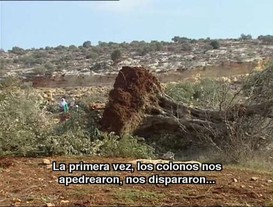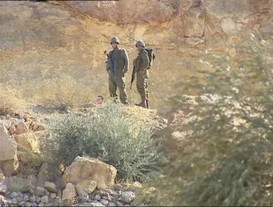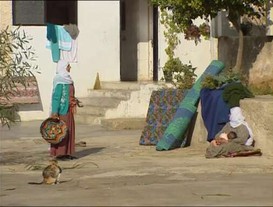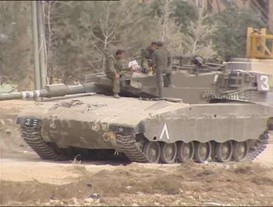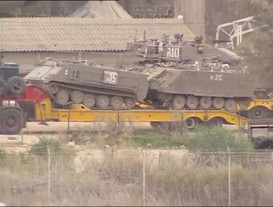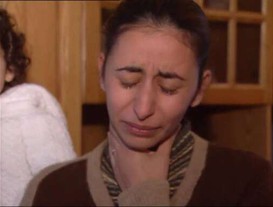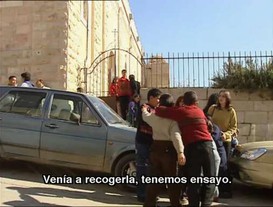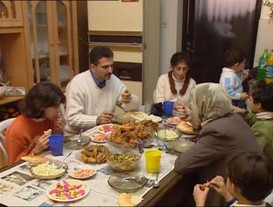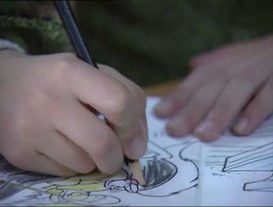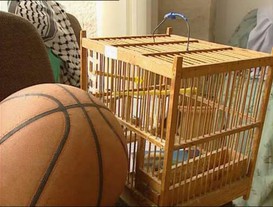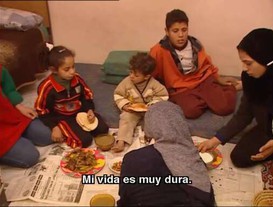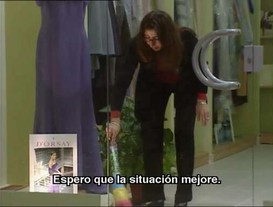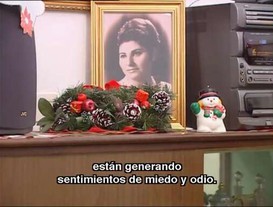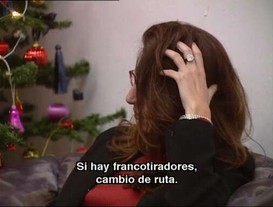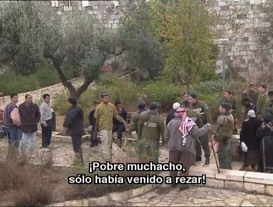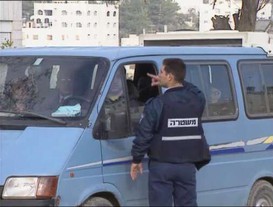Alia Arasoughly
2001.
Palestina.
vo Àrab.
s Castellà.
41’
Hay mish Eishi és el retrat de 8 dones palestines de diferents orígens religiosos i socials. Un relat de com viuen la guerra i imaginen la pau des de la profunditat de les seves vivències i penes. El que expliquen de manera clara i contundent, a través de les seves esperances i desigs, és que volen una vida amb sentit: per compartir, per donar, pels seus rituals, per estimar. Una vida normal amb totes les seves petites alegries, no el degradant i aterrador drama de la guerra.
http://www.shashat.org/